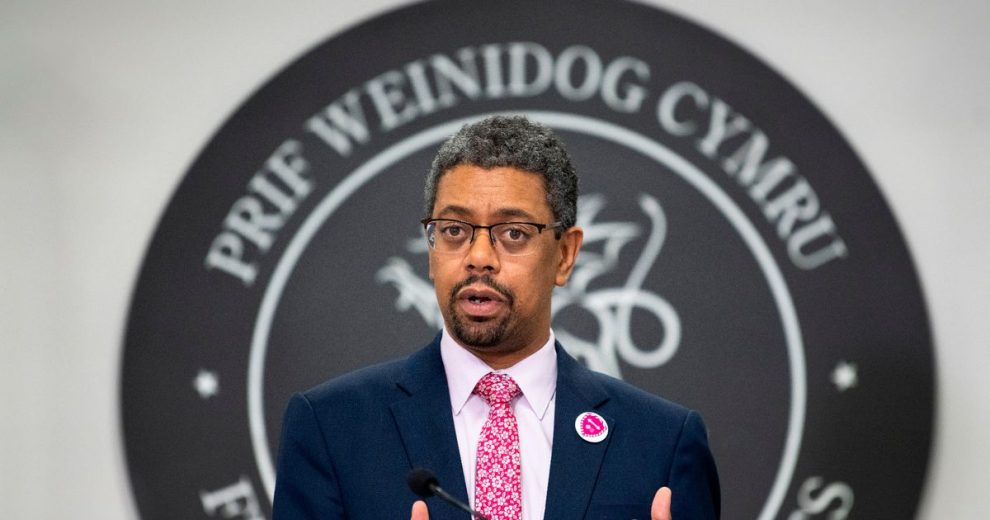Wales’ economy minister has made it clear that the rail operator, Transport for Wales (TfW), will not be granted an unrestricted funding allocation in the future.
This statement comes in response to opposition parties’ criticism of the decision to provide TfW with an additional £125 million in Welsh government funding.
Vaughan Gething justified this allocation as an “informed choice” aimed at preventing a substantial reduction in TfW services and staff.
James Price, the head of TfW, acknowledged the severity of the situation they faced, emphasising the importance of the cash injection.
In response to financial constraints, the Welsh government has implemented budget reductions while reallocating funds to support the NHS and maintain rail services.
As a consequence of these budgetary pressures, several departments, including education, Welsh language, rural affairs, and social justice, experienced cuts on Tuesday.
On the positive side, increased funding was allocated to health and transportation, with Transport for Wales (TfW) receiving a notable funding boost, amounting to over a 50% increase for the 2023-24 fiscal year.
“We’ve made an informed choice about what we’re going to do,” said Mr Gething.
“We’ve maintained the local government funding settlement, we’ve invested more money to try to protect key NHS services and we’ve invested more money in Transport for Wales to make sure we can stay on track, to have the rail network that we want and we think the people of Wales deserve.
“It isn’t a blank cheque.”
Operated under the ownership of the Welsh government, Transport for Wales (TfW) has been overseeing train services in a significant portion of Wales since 2018.
Mr. Price explained that the additional funding serves to bridge the disparity between the current ticket sales revenue, which has rebounded to pre-pandemic levels, and the revenue projections set five years ago, which TfW had initially anticipated.
“It’s not that we have seen a reduction in passenger numbers, what we haven’t seen is the strong growth that was previously predicted through the pandemic period,” he said.
“That means that we are roughly £100m short in farebox revenue compared to where we should be. That’s a real challenge for us.
“We don’t want to be in that position, and we certainly don’t want to be taking money from other parts of the public sector, so we are working as fast as we possibly can to try and make up that lost ground.”
When he was asked what the consequences for TfW would have been without the extra funding, Mr Price said: “We would have been in a situation where we would have been closing routes down and actually having to reduce our headcount significantly because that’s the only way we could continue operating”.
“We wouldn’t be trading in a situation where we couldn’t balance the books, but it would have been a very, very difficult situation.”



















